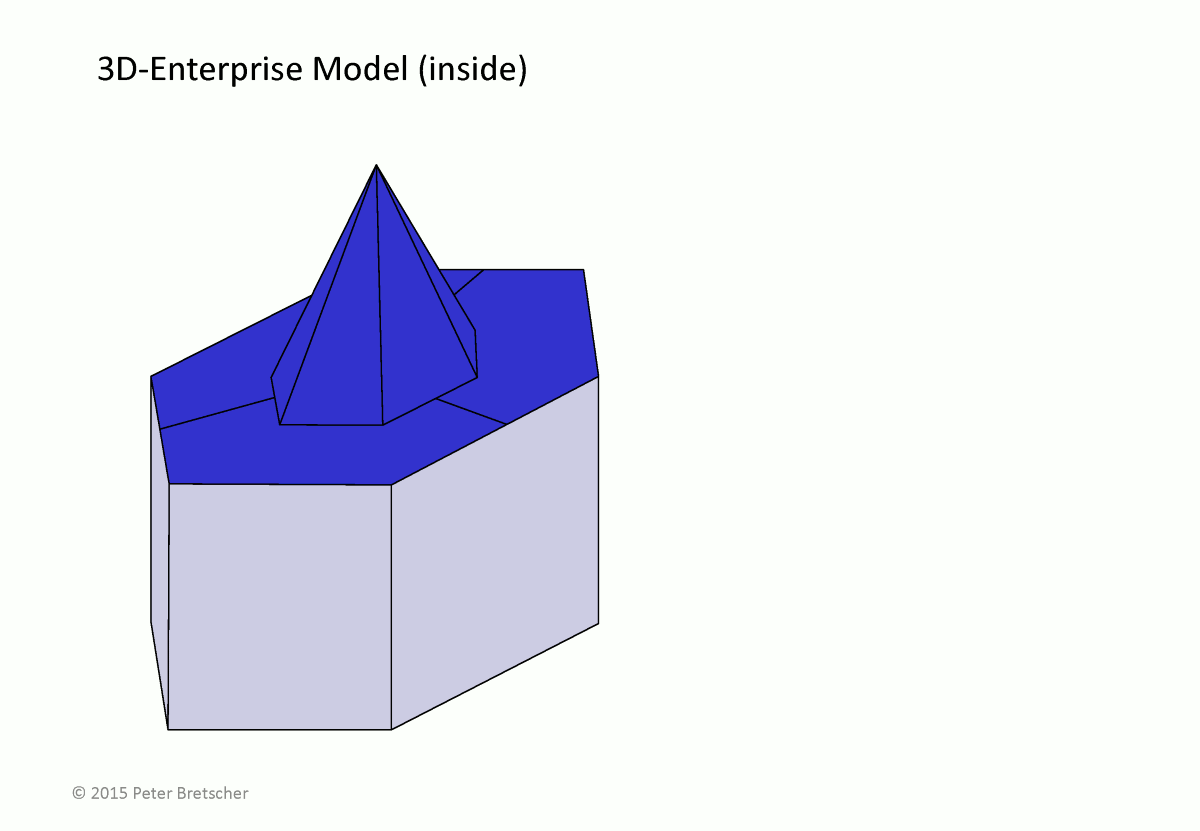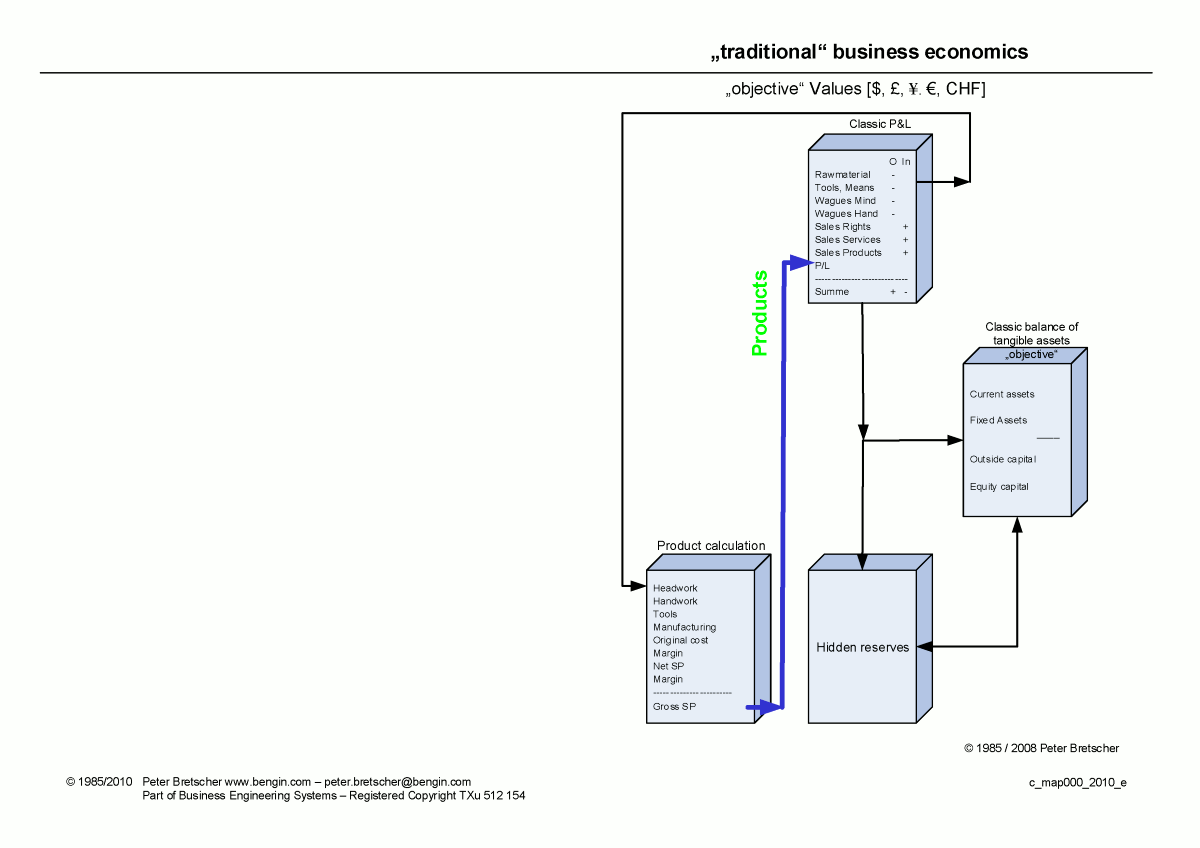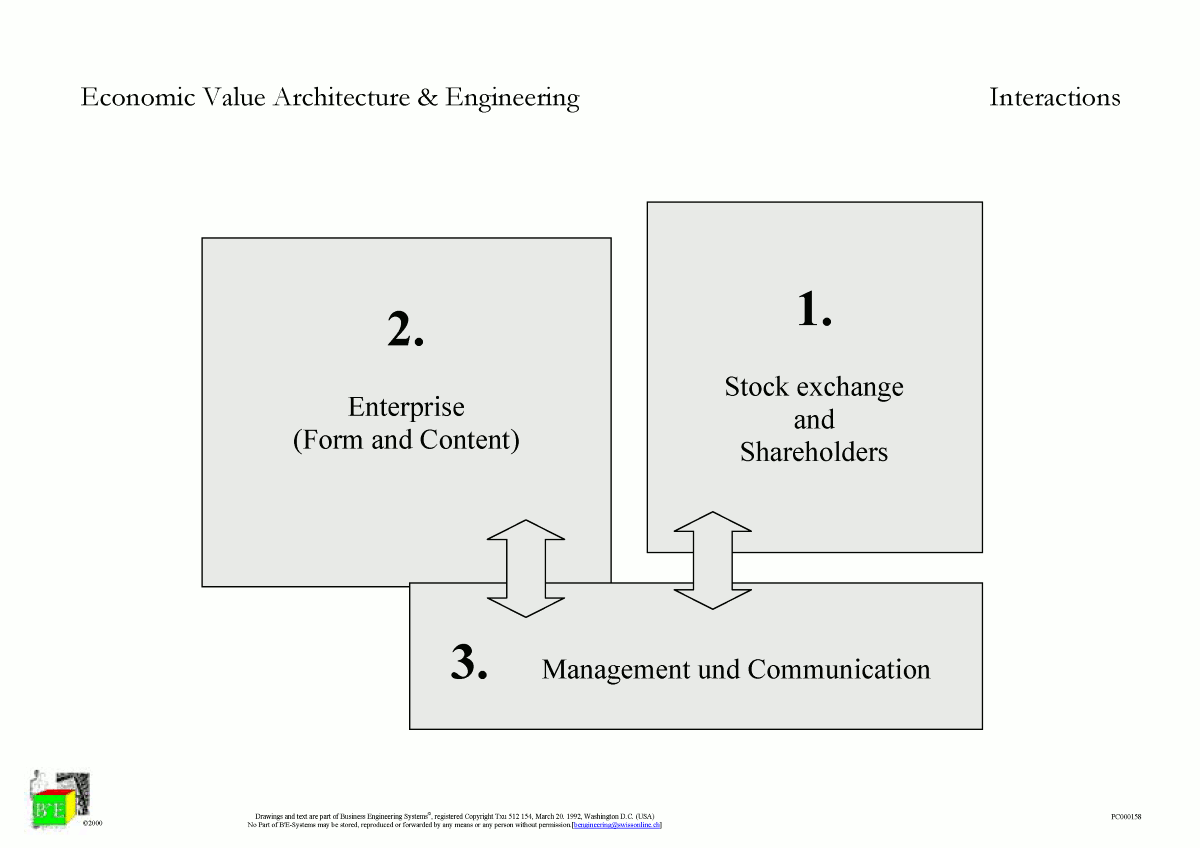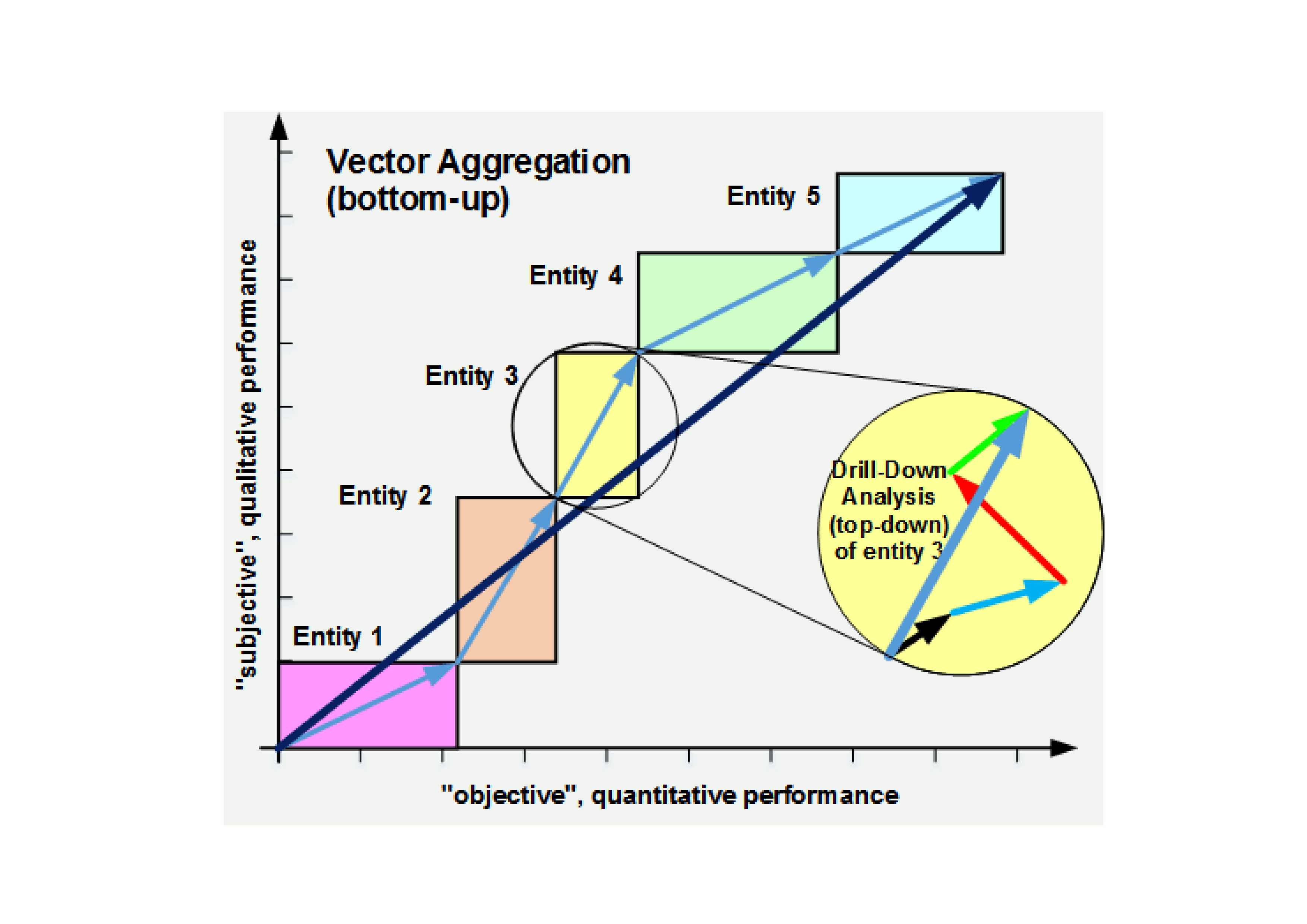ChatGPT in the role of HSG University of St. Gallen about Business Engineering Systems
-
... Using a hybrid value paradigm that combines monetary and non-monetary value indicators (vector-based), we can create a more holistic understanding of the value of our resources ...
The University of St. Gallen (HSG) is a research university located in St. Gallen, Switzerland, that specialises in business administration, economics, law, international affairs, and computer science. Established in 1898, it consistently ranks among the best business schools in the world and as the top one in the German-speaking world. ...
HSG in English:
At HSG University of St. Gallen, we believe that the future of business lies in the integration of technology and sustainability. Business Engineering Systems are an essential tool for achieving this goal.
By enhancing the enterprise model beyond offerings and processes to include primary resources, we can better understand the value of our assets and make informed decisions.
HSG in German:
An der HSG Universität St. Gallen glauben wir, dass die Zukunft der Wirtschaft in der Integration von Technologie und Nachhaltigkeit liegt. Business Engineering Systeme sind ein wesentliches Werkzeug, um dieses Ziel zu erreichen. Indem wir das Unternehmensmodell über Angebote und Prozesse hinaus auf Primärressourcen ausweiten, können wir den Wert unserer Vermögenswerte besser verstehen und fundierte Entscheidungen treffen.
Mit einem hybriden Wertparadigma, das monetäre und nicht-monetäre Wertindikatoren (vektorbasiert) kombiniert, können wir ein ganzheitlicheres Verständnis des Wertes unserer Ressourcen schaffen. Dies verbessert nicht nur das Buchhaltungssystem, sondern ermöglicht es uns auch, intelligentere und nachhaltigere Entscheidungen zu treffen. Wir können die wahren Kosten und Vorteile unserer Geschäftstätigkeit erkennen und Massnahmen ergreifen, um unsere Umweltauswirkungen zu reduzieren.
Darüber hinaus können wir durch die Einbeziehung von Wissen und Fähigkeiten als primäre Ressourcen ein integrativeres und kollaborativeres Geschäftsumfeld schaffen. Indem wir das Fachwissen und die Fähigkeiten unserer Mitarbeiter wertschätzen, können wir ihre Fähigkeiten nutzen, um Innovation und Wachstum voranzutreiben.
An der HSG setzen wir uns dafür ein, die nächste Generation von Führungskräften über die Bedeutung von Business Engineering Systems und ihre Rolle bei der Gestaltung einer nachhaltigen Zukunft aufzuklären. Wir glauben, dass wir durch die Integration von Technologie und Nachhaltigkeit in unsere Geschäftsmodelle eine bessere Welt für alle schaffen können.
ChatGPT in the role of HSG University of St. Gallen
Want to have more voices?
-
Read Gottfried Wilhelm Leibniz (1646 - 1716)
Read Luca Pacioli (1713 - 1790)
Read Adam Smith (1713 - 1790)
Read Carl Friedrich Gauss (1777 - 1855)
Read Henry R. Towne (1844 - 1924)
Read John Maynard Keynes (1883 - 1946)
Read Joseph Schumpeter (1883 - 1950)
Read Albert Einstein (1879 - 1955)
Read Daniel Kahneman (1934 - 2024)
Read Joseph Stiglitz (1943 - ....)
ChatGPT as talking head for Legal Units:
ChatGPT in the role of Bain & Company
ChatGPT in the role of BCG
ChatGPT in the role of Deloitte
ChatGPT in the role of EY (Ernst & Young)
ChatGPT in the role of EY(2) (Ernst & Young)
ChatGPT in the role of EY-Parthenon
ChatGPT in the role of Harvard University
ChatGPT in the role of HSG University of St. Gallen
ChatGPT in the role of KPMG
ChatGPT in the role of McKinsey
ChatGPT in the role of PwC
Business Engineering Systems: Advanced models for business, policy, and consultants.
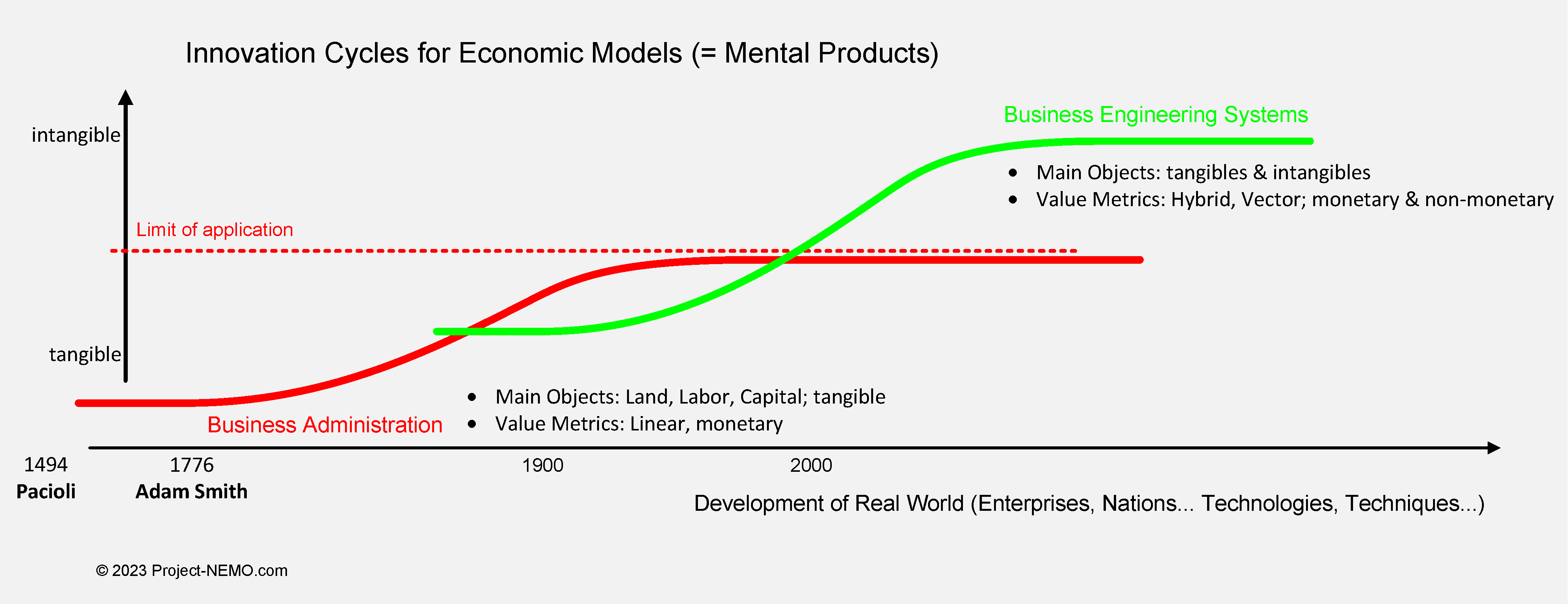
Today's models (i) start from tangible and intangible resources and (ii) use a multidimensional value paradigm in which non-monetary and subjective value attributes also count.
Four selected areas of focus from the BE systems:
Click on image for more information
Purpose of 'Project NEMO' (New/Next Economic/Enterprise Model) is to enhance classic economics by
(i) including intangible assets as the common (re)source of welfare and wealth and
(ii) disclosing a vector based hybrid value principle enabling monetary AND nonmonetary dimensions as a compound/hybrid measure.

